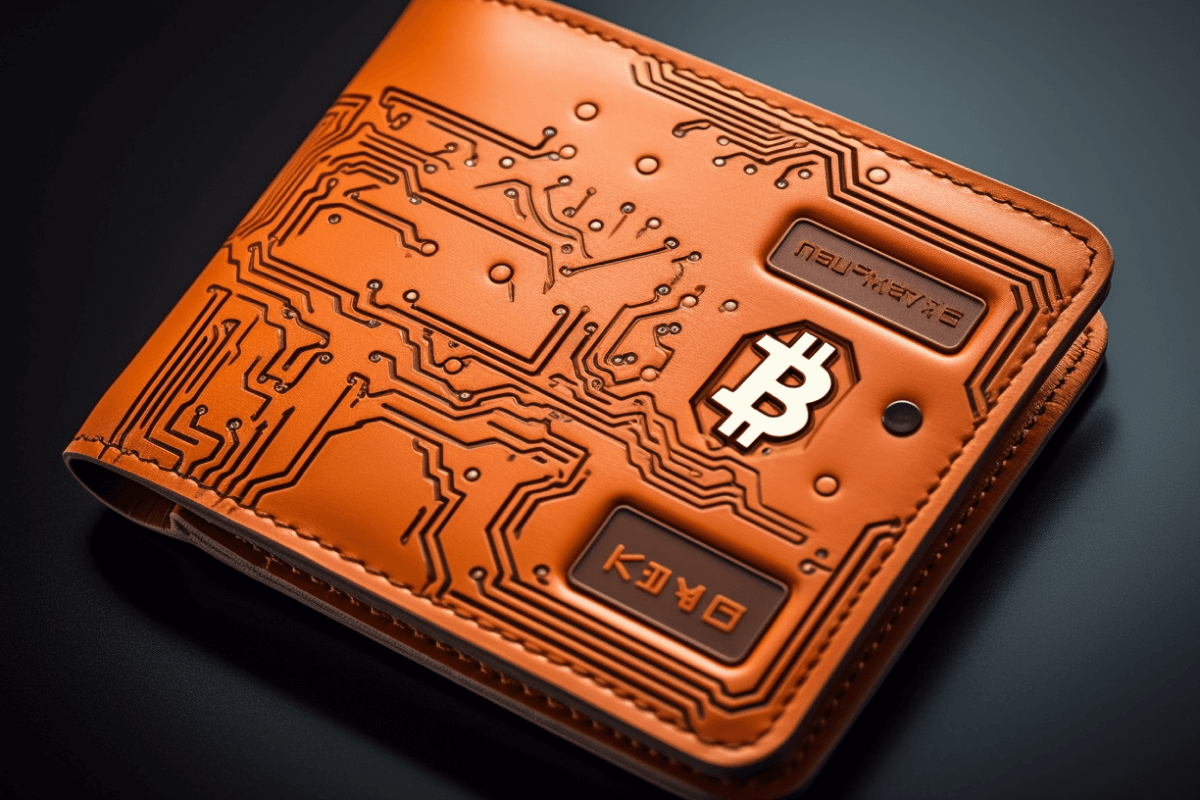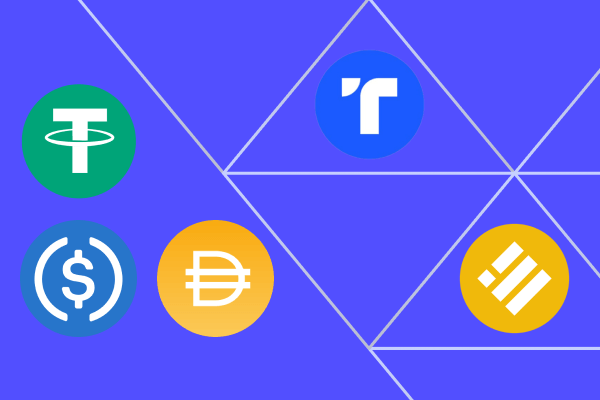
The ever-evolving world of cryptocurrencies and decentralized finance has brought forth an innovation that is changing how we trade digital assets – Decentralized Exchanges. Decentralized exchanges, commonly referred to as DEXs, are platforms that allow peer-to-peer crypto transactions securely over the blockchain. Before we delve into the specifics, let’s first understand the basic concept of decentralized exchanges.
What is a Decentralized Exchange (DEX)?
A Decentralized Exchange is a digital platform that allows users to conduct transactions directly with each other without any intermediary, such as a brokerage or bank. The primary characteristic that sets DEXs apart from traditional exchanges is their decentralization. This simply means that they operate without a central authority. Instead, they utilize blockchain technology to facilitate cryptocurrency trading directly between users.
Centralized vs. Decentralized Exchanges
To fully appreciate the value proposition of DEXs, it’s important to understand the difference between centralized and decentralized exchanges.
Centralized Exchanges (CEXs)
Centralized exchanges are digital platforms managed by central authorities (companies or organizations). They facilitate the trading of cryptocurrencies for other assets like fiat money or different digital currencies. Coinbase is a prime example of a centralized exchange.
Pros of Centralized Exchanges
- They are user-friendly and thus ideal for beginners.
- They offer advanced trading features such as futures and margin trading.
- High trading volume and liquidity.
- Transactions are fast and efficient.
Cons of Centralized Exchanges
- They are prone to security risks such as hacking.
- They require users to relinquish control of their private keys.
- They are subject to regulations and may require identity verification.
Decentralized Exchanges (DEXs)
On the other hand, decentralized exchanges are platforms that operate without a central authority. Transactions on these platforms are facilitated by smart contracts on a blockchain, which allow direct peer-to-peer transfers.
Pros of Decentralized Exchanges
- They provide total privacy and control over one’s funds.
- They offer a wide range of cryptocurrencies for trading.
- They are immune to government censorship or regulation.
Cons of Decentralized Exchanges
- They can be challenging to use, especially for beginners.
- They may have lower trading volumes and liquidity.
- Transactions may be slower and more expensive due to blockchain congestion.
How do Decentralized Exchanges work
Unlike their centralized counterparts, DEXs don’t facilitate exchanges between fiat and crypto. Instead, they exclusively trade cryptocurrency tokens for other cryptocurrency tokens. They use a set of smart contracts to establish the prices of various cryptocurrencies against each other algorithmically. These smart contracts also facilitate trades through ’liquidity pools’, where investors lock funds in exchange for interest-like rewards.
All transactions on a DEX are settled directly on the blockchain. The open-source nature of DEXs allows anyone to see exactly how they work and even adapt existing code to create new competing projects.
List of Popular Decentralized Exchanges
Below are some of the most popular decentralized exchanges:
- Uniswap: Uniswap is one of the largest decentralized exchanges in the world. It allows users to trade any ERC20 token for another. Uniswap has a user-friendly interface and provides ample liquidity for its users.
- Curve: Curve is designed to allow users to swap stablecoins of similar value, protecting liquidity providers and mitigating impermanent loss.
- 1inch: 1inch is a DEX aggregator that finds the lowest fees and best prices for your trades by searching different decentralized exchanges on the Ethereum blockchain.
- PancakeSwap: PancakeSwap is a DEX originally built on the Binance Smart Chain (BSC). It offers low blockchain gas fees and a simple user interface.
- dYdX: dYdX is a DEX that supports lending, borrowing, perpetual trading,
- Thorchain: Thorchain is a cross-chain decentralized exchange that allows users to trade assets across different blockchains, like Bitcoin and Ethereum, without needing a third-party intermediary.
Key Considerations When Choosing a Decentralized Exchange
Here are some critical factors to consider when choosing a decentralized exchange:
- Liquidity: High liquidity allows for the quick buying and selling of cryptocurrencies.
- Reputation: The trustworthiness and security of the exchange are crucial to protect your crypto holdings.
- User Interface: A user-friendly interface makes for more efficient trading decisions.
Getting Started with a Decentralized Exchange
Starting with a decentralized exchange involves three main steps:
- Choose a wallet: Find a wallet that allows you to interact with decentralized protocols. MetaMask and Coinbase Wallet are two popular choices. For mobile users, you can download Gem Wallet, a Crypto Wallet for iOS and Android that connects to popular Decentralized Exchanges like Uniswap, PancakeSwap, or Balancer. You can trade your favorite ERC20, BEP20 Tokens with ease using Gem Wallet.
- Fund your wallet: Buy cryptocurrency on a centralized exchange and transfer it to your decentralized wallet.
- Connect your wallet to a DEX: Once you’ve funded your wallet, you can start making trades and providing liquidity on your chosen DEX.
- Learn about Self Custody: If you use DeFi and Decentralized Exchanges, you should also learn how to secure your private keys and self custody your crypto correctly. Otherwise you are at risk of loosing your funds.
Conclusion
Decentralized exchanges are transforming the cryptocurrency landscape by providing users with privacy, control, and freedom from intermediaries. As blockchain technology continues to evolve, so too will the capabilities of DEXs. Whether you’re a seasoned trader or a newcomer to the crypto space, decentralized exchanges offer a unique way to engage with the world of digital currencies.
Frequently Asked Questions (FAQs)
- What’s the best decentralized exchange for beginners? Uniswap is a great place to start for beginners due to its user-friendly interface.
- Do decentralized exchanges report to the IRS? DEXs do not report to the IRS. However, all transactions on the blockchain are publicly visible and permanent.
- What is the most affordable decentralized exchange? 1inch is known for aggregating prices from various DEXs, thereby helping you find the most affordable prices for trades.
- Is Binance a decentralized exchange? No, Binance is a centralized exchange. When you trade on Binance, your trades are handled, executed, and verified by a centralized intermediary.


